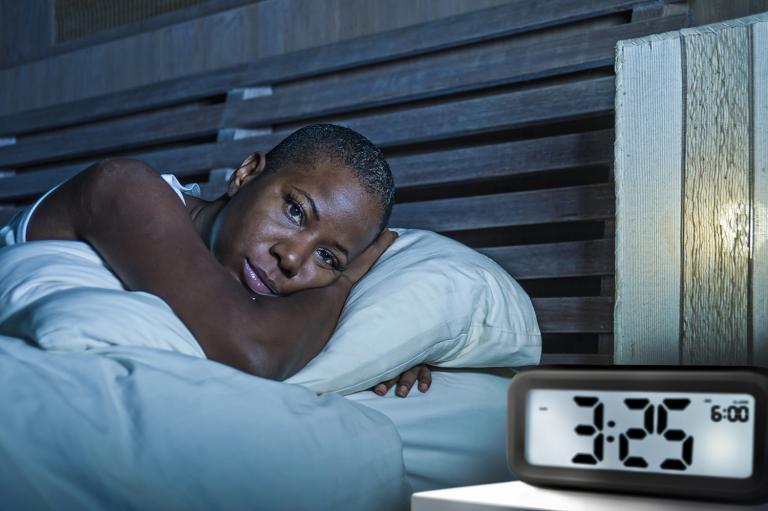With the holiday season upon us, we need to be mindful of our anxiety levels and incorporate ways to alleviate stress. Conventional anti-anxiety plans often focus on our thoughts, supplements, and pharmaceuticals, missing the relationship between the body and anxiety.
The Effects of Stress on The Body
Pat Ogden, PhD, founder of the Sensorimotor Psychotherapy Institute, describes the body’s crucial influence on anxiety like this: “Everything lives in the body, including anxiety... If I imagine being anxious, my shoulders go up a little bit, my breathing gets more tight, and I feel a little bit of tension in my stomach."
"Everybody’s body is different, of course, so anxiety would live in each person in a different way. But I think the problem with working only cognitively is that it doesn’t typically address physiology, tension patterns, posture patterns, movement patterns that go along with the anxiety.”
Physical Symptoms of Stress
When we are stressed, our body’s arousal tends to rise. For some, watching the news is enough to trigger their bodies’ unique arousal patterns.
Most of us identify the common symptoms of anxiety, such as difficulty sleeping, irritability, fatigue, increased heart rate, tension, and gastrointestinal problems. However, even before we have common symptoms such as a nervous stomach, our body alerts us with subtler signals that we are overloaded: collapsing the body inward, losing contact with one’s feet on the floor (grounding), not noticing our surroundings, jaw tension, clenching hands, gripping objects, and shallow breathing.
Relieving Symptoms of Stress
-
Counteract Physical Behaviors
As Dr. Ogden says, “there are things you can do with your body to counteract how your body is holding the heightened arousal or anxiety... if you know your trigger and you can identify how your body responds, then you have a tremendous tool to do the opposite in your body.”
When you watch the news, notice if you grit your teeth or slouch: signals of body arousal. You can respond by stretching your arms into the air, opening your mouth widely, and vocalizing a loud “ahhh,” which sends a message to your body to calm down.
According to Dr. Ogden, when our body gets stuck in arousal or learned patterns of responding to stress, each time we show our body a different way of moving and responding to threats, we begin to break the patterns that keep us stuck in our anxiety loops.
-
Engage in Activities that Reduce Anxiety
Everyone has an optimal zone where they feel calm, comfortable, and energized. For some, this “sweet spot” can be found dancing, listening to music, or spending time with animal companions. Everyone is different. Dr. Ogden points out that noticing how your body feels before, during, and after an activity that makes you feel good is one way to start using your body for self regulation. The more you can recognize how your body responds to these good feelings, the more you’ll be able to recreate the same feelings and re-pattern your body’s response to stress.
Fortunately, we have access to many body-centered self-help resources for reducing anxiety. Exercises such as the calming hug and tapping are very effective. (Tapping is a technique involving use of the fingertips to tap points on the face and body to relieve stress.) Seeing a certified sensorimotor psychotherapist is also helpful.
-
Seek Tranquility
Rachel Michaelsen, a licensed clinical social worker and diplomate in comprehensive energy psychology, says, “I encourage my clients to use calming exercises as a regular part of self-care. Calming exercises not only create tranquility in our daily lives, but when we are experiencing heightened stress and anxiety, we can easily utilize familiar techniques to soothe ourselves. Many people report that over time they find themselves more resilient and able to handle the inevitable stresses of life.”
Many of us have had years of patterning our stress responses and how our body carries anxiety, but with practice and attention, you will find that the body is the gateway to long-term anxiety relief.
Resources for Coping with Anxiety
You can find calming exercises and other resources to cope with anxiety on these sites.

